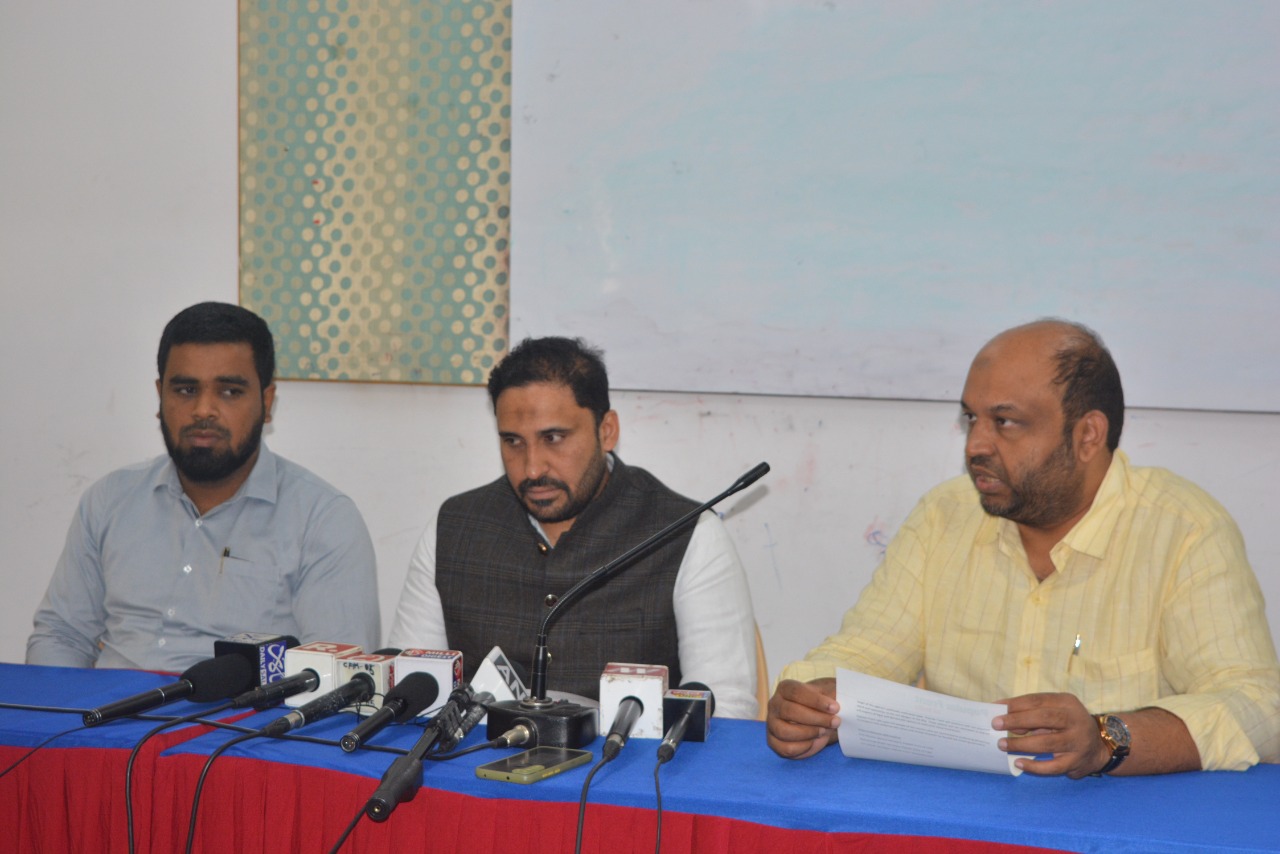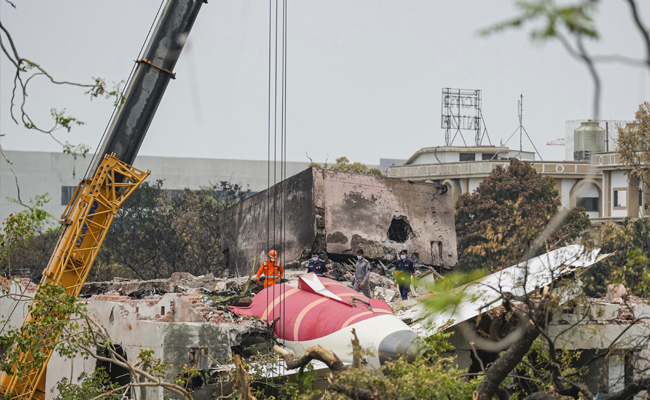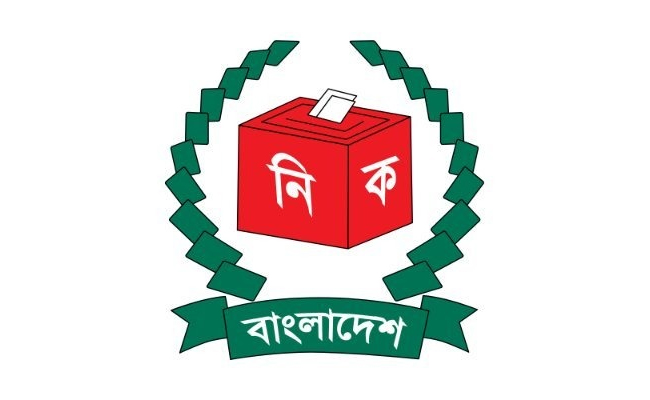Bengaluru, June 2: Condemning the "provisional attachment" of its bank accounts by the Enforcement Directorate (ED), the Popular Front on India (PFI) on Thursday claimed that its "uncompromising stand" against the Sangh Parivar's "divisive politics" is the only reason for it becoming the target of the agency's "politically motivated" cases.
The ED has attached at least 33 bank accounts of PFI and a linked organisation called Rehab India Foundation as part of an anti-money laundering investigation against them, officials said on Wednesday.
The accounts hold more than Rs 68 lakh, they had said, adding that 23 accounts of the PFI having Rs 59,12,051 and 10 of Rehab India Foundation having Rs 9,50,030 have been attached.
The organisation termed the action as part of the ongoing "repressive steps" taken against it for the past few years.
It is once again clear that the ED is acting as mere "pawns of the political masters" by going after people's movements, NGOs, human rights organisations, opposition parties, media, and any democratic voices in the country that are critical of the ruling party, it alleged.
Pointing out that the deposits to its accounts as mentioned by the ED for the duration of 13 years are nothing but normal for the functioning of a "nationwide social movement" like it, PFI in a statement said, it is also to be noted that the said amount includes the deposits done during the collection drives for major calamities faced by the country.
"The stated figures by the ED are not at all astonishing and no great investigation is needed by an agency like ED as we have already filed every penny of the collections to the income tax. This proves it is nothing but sensationalising of figures," it said.
The PFI was formed in 2006 in Kerala and is headquartered in Delhi.
The statement has been issued by PFI General Secretary Anis Ahmed, Secretary Mohammed Shakif, and Karnataka Secretary A K Ashraf.
Noting that the PFI will continue with its assertive stand and opposition to the "evil designs" of the RSS, it said, "these actions will not intimidate us and we will explore all legal and democratic options to overcome these hindrances."
Let the Truth be known. If you read VB and like VB, please be a VB Supporter and Help us deliver the Truth to one and all.
New Delhi (PTI): With a new, stringent system to establish user identity, the number of new user IDs being added daily on the IRCTC website has declined to about 5,000 from nearly one lakh, officials said on Saturday.
Union Railway Minister Ashwini Vaishnaw noted that the crackdown by Indian Railways on train ticket booking through fake identities is yielding positive results, according to a press note.
Before the latest reforms, this number had touched nearly one lakh new user IDs per day, it said.
"Following the introduction of a stringent system to establish user identity and detect fake IDs, about 5,000 new user IDs are now being added daily on the IRCTC website," the note said.
The officials stated that these steps have already helped Indian Railways deactivate 3.03 crore fake accounts.
"Another 2.7 crore user IDs have either been temporarily suspended or identified for suspension based on the suspicious activities they are indulging in," they said.
The Union minister directed officials to ensure that the ticketing system is reformed to a level where all travellers are able to book tickets easily through a real and genuine user ID, the press note added.
Additionally, Railway Minister Ashwini Vaishnaw has directed officials to provide local cuisine of the region in Vande Bharat trains.
Introducing local cuisine that reflects the culture and tastes of the regions being traversed will significantly enhance the passenger experience, officials said.
This facility will be expanded to all the trains progressively in future, they added.




